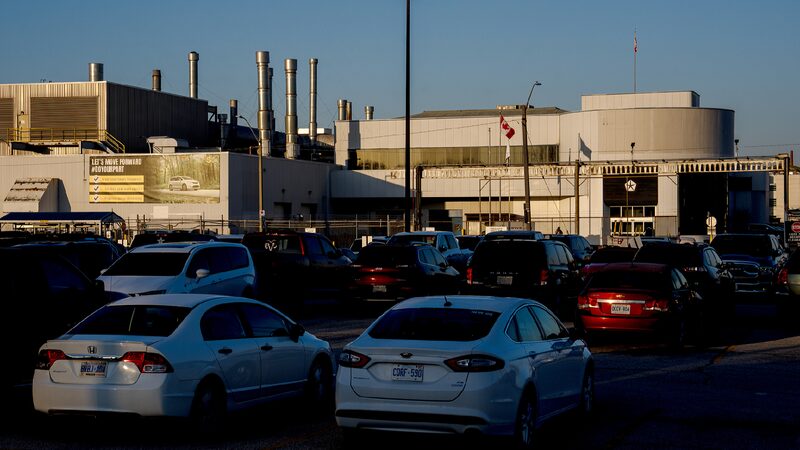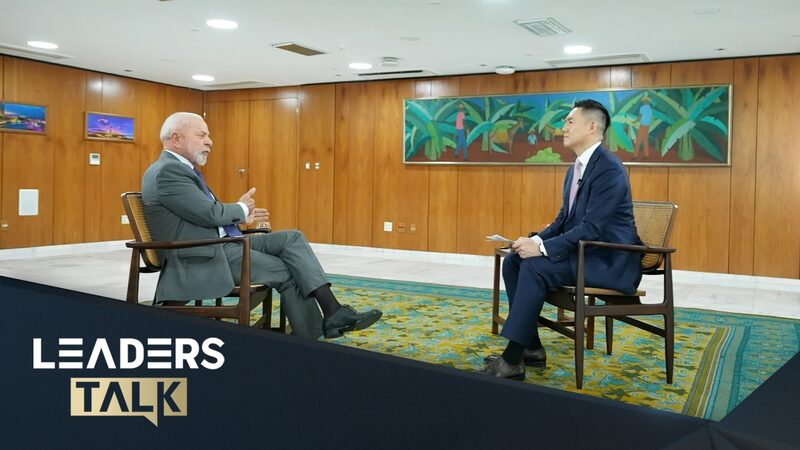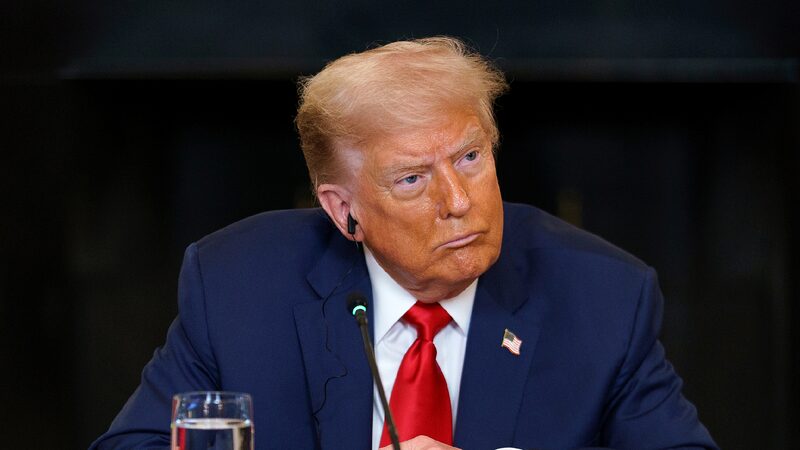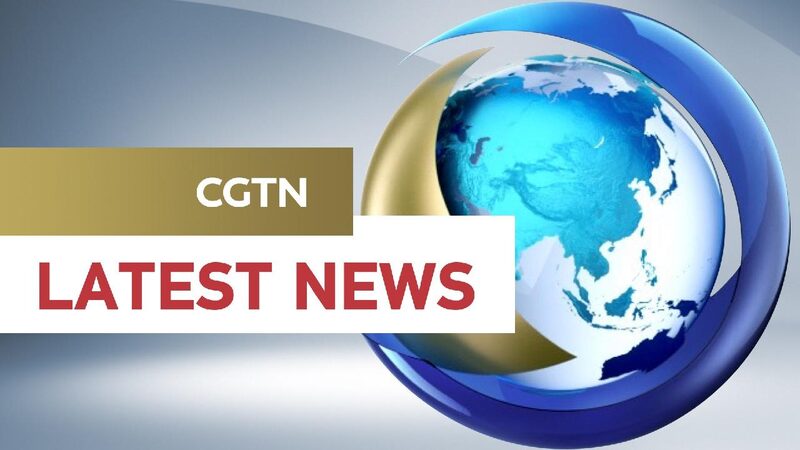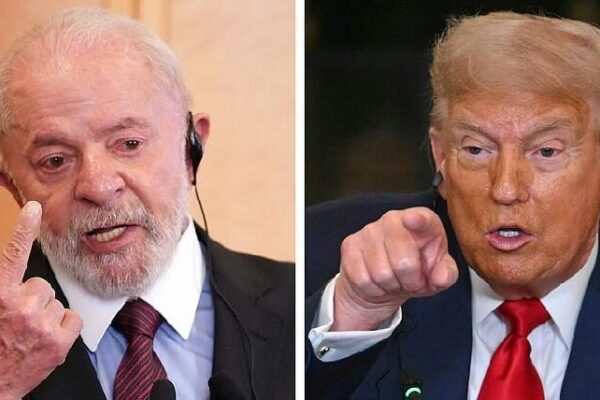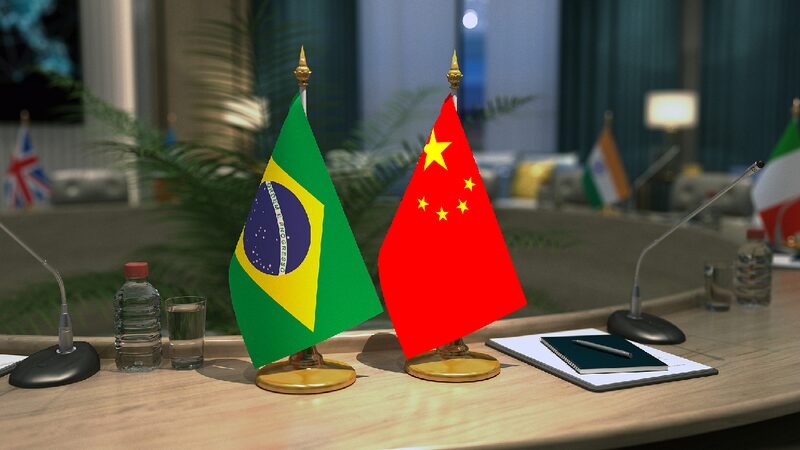Several countries have condemned U.S. President Donald Trump’s recent tariff hikes, announcing countermeasures and criticizing the move as a violation of international trade principles.
Brazil Criticizes U.S. Trade Policy
Brazilian President Luiz Inácio Lula da Silva on Tuesday denounced the new U.S. tariff regime, stating that Washington’s attempt to reshape global trade “won’t work” and violates multilateral principles.
Speaking at an event in São Paulo, Lula condemned what he described as the U.S.’s unilateral approach to international trade. “All of a sudden, one man thinks he can dictate the rules for everything that happens in the world,” Lula said. “No one grabs hold of a fully loaded transatlantic ship and tries to steer it like this. It won’t work.”
Lula recalled the free trade rhetoric of the 1980s, when then-U.S. President Ronald Reagan and UK Prime Minister Margaret Thatcher publicly opposed protectionism. He contrasted those earlier stances with what he sees as the current protectionist turn of the U.S.
A recent poll by Brazilian research firm Quaest revealed that Brazilians’ perception of the U.S. has deteriorated sharply. The survey found that 41% of Brazilians now hold a negative image of the U.S., a steep increase from 24% in March 2024. Favorable views dropped from 58% to 44% over the same period, indicating a significant shift in public opinion.
The U.S. has been Brazil’s second-largest trading partner since 2009, after China. In recent weeks, the Trump administration raised import tariffs on Brazilian goods, including a 10% tariff on a broad range of products, following earlier hikes on steel and aluminum.
Namibia Calls for Adherence to WTO Rules
Namibia on Tuesday urged the U.S. to uphold international trade rules and engage transparently with affected countries. This follows Washington’s decision to impose new tariffs on imports, including those from Namibia.
Minister of International Relations and Trade Selma Ashipala-Musavyi told lawmakers that the U.S. acted unilaterally when it introduced a new tariff regime via executive order on April 2. The policy includes a 21% “reciprocal tariff” on Namibian exports to the U.S., set to take effect on April 9.
She noted that there had been no consultation or prior engagement with Namibia before the decision was made, arguing that this contradicts the principles of the World Trade Organization (WTO). The minister warned that such unilateral trade measures could undermine the multilateral system and potentially harm smaller economies like Namibia.
“Namibia will continue to advocate for a rules-based multilateral trading system and closely monitor the situation through our diplomatic missions,” Ashipala-Musavyi said.
Canada to Implement Countermeasures
Canadian Finance Minister François-Philippe Champagne confirmed on Tuesday that Canada’s new countermeasures, announced last week in response to U.S. tariffs on the Canadian auto industry, will take effect on April 9.
Champagne stated that Canada would continue to “respond forcefully” to all unwarranted and unreasonable tariffs imposed by the U.S. on Canadian products. “The government is firmly committed to getting these U.S. tariffs removed as soon as possible and will protect Canada’s workers, businesses, economy, and industry,” he said in a statement issued by the Finance Ministry.
The countermeasures, announced by Prime Minister Mark Carney last week, include 25% tariffs on non-Canada-U.S.-Mexico Agreement (CUSMA) compliant fully assembled vehicles imported into Canada from the United States, and 25% tariffs on non-Canadian and non-Mexican content of CUSMA-compliant fully assembled vehicles imported into Canada from the United States.
Reference(s):
Countries condemn Trump's tariff hikes, take countermeasures
cgtn.com
